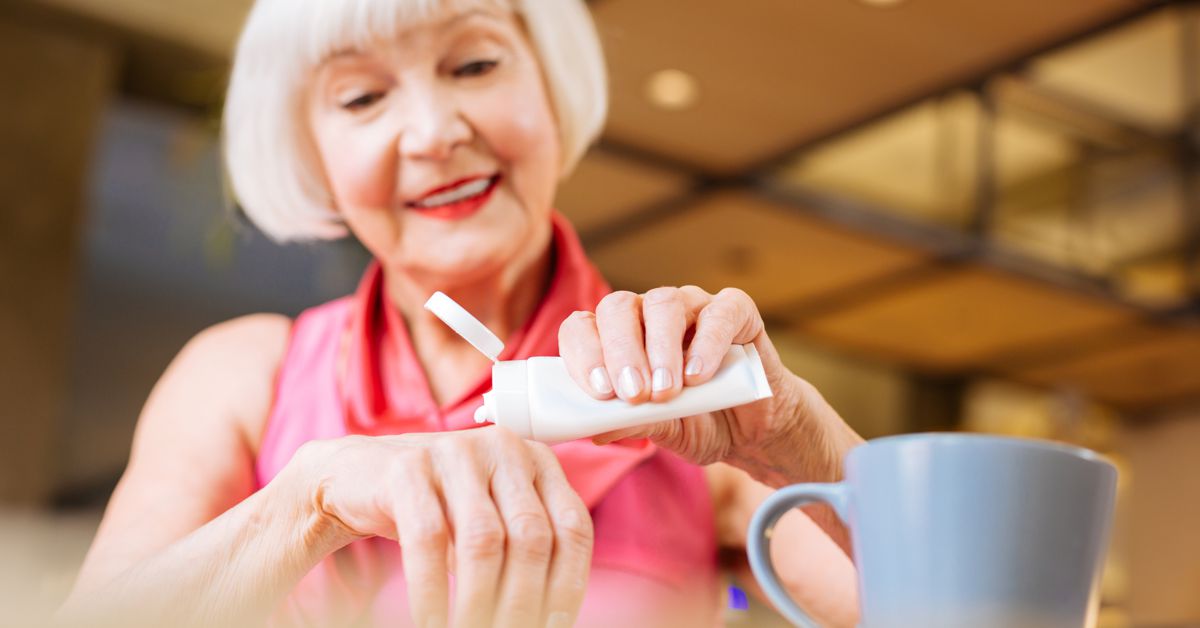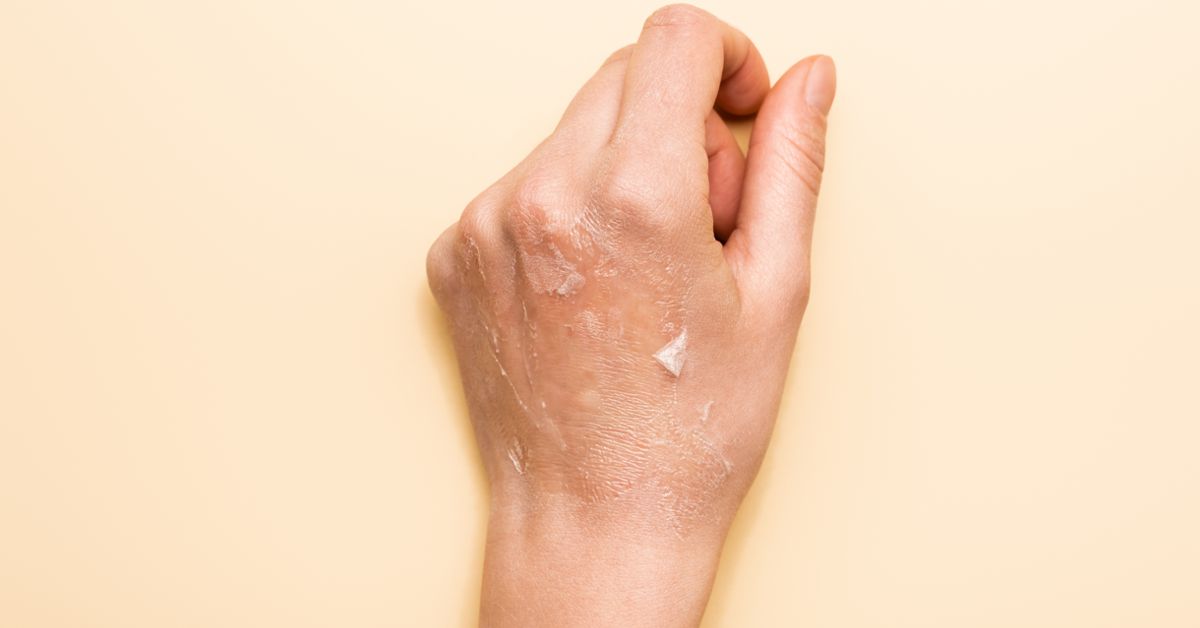What is Vitamin E?
Vitamin E is a fat-soluble vitamin that helps to maintain healthy skin and might have other benefits.
It is found in many foods, but you can also take it as a supplement. It is an important vitamin that has many benefits for your body, including keeping your skin healthy and possibly providing other health benefits.
What is vitamin E good for?
Vitamin E is known for its antioxidant properties that helps protect cells from free radicals and prevents oxidative damage to the body’s cells.
It has been linked to a number of health benefits, including improved cardiovascular health, reduced risk of stroke, lower risk of cataracts, and protection against some forms of cancer.
It also helps the body produce more red blood cells which improves circulation and lowers the risk for cardiovascular disease.
It is a powerful, natural antioxidant that can be found in foods and supplements.
It protects cells from damage caused by free radicals, which are unstable oxygen molecules that can cause oxidative stress in the body.
What does it do?
Vitamin E is an essential nutrient for many reasons, but one of its most significant benefits is its antioxidant power.
Antioxidants are substances that protect other molecules from being damaged by free radicals, which are unstable molecules that may lead to cell damage or death in our bodies.
Vitamin E is an essential nutrient for the body, playing a number of important roles.
For example, it helps to maintain the health of skin and hair, fight against cell damage and prevent premature aging.
Besides these benefits, it is also essential for maintaining healthy immune function as well as reproductive health and fertility.
What vitamin e does for skin
Vitamin E has many benefits for the skin, including helping to heal cuts and scratches, reducing the appearance of scars, and keeping the skin hydrated, but if you want to learn about them in detail, you should read our article on Vitamin E benefits for Skin.
Can vitamin E be absorbed through the skin?
The answer is a definite yes. Vitamin E can be absorbed through the skin and that is a good thing because it is an antioxidant which protects cells from damage.
Yes, it can be absorbed through the skin, but it's important to know that this doesn't mean you should rub on your skin to get your daily dose of Vitamin E.

Who benefits from vitamin e?
Every single person can see the benefits of the right amount of vitamin E intake, it prevents all kinds of horrible diseases.
Who should avoid vitamin e?
People with a history of heart disease have an increased risk of death if they take too much vitamin E or erythropoietin.
Taking high doses of these vitamins can be dangerous for people with heart disease and should be avoided.
In order to help mitigate this risk, people with diabetes should limit their exposure to vitamin E to 400 IU a day. This will help ensure that their heart remains healthy and functioning properly.
People with osteoporosis can use exercise to strengthen their bones, but taking excessive amounts of vitamins E and C might hurt the benefits of exercising on bone strength.
Excessive amounts of these vitamins may interfere with the body's ability to absorb calcium, which is essential for maintaining strong bones.
Which vitamin e is best?
There are four types of vitamin E and they are divided into two categories: Alpha-tocopherol and gamma tocopherol.
The two types of alpha-tocopherol are alpha-tocopherol acetate and alpha-tocopherol succinate. The two types of gamma tocopherol are gamma tocopherol acetate and gamma tocopherol succinate.
One of the type of vitamin E that is best for you depends on your needs, the form of the supplement, and the product you consume it with.
The benefits of alpha-tocopherol include helping to maintain healthy cholesterol levels and reducing inflammation in the body. The benefits of gamma-tocopherol include protecting cells from free radical damage and reducing the risk for heart disease.
Where vitamin e is found
Vitamin E is found in many foods, such as vegetables oils, nuts, seeds and soybeans. It is also added to some types of margarine and other processed foods.
The following table displays the food items that contain vitamin E.
Food Item Vitamin E (mg)
Vegetable oils 14-19
Nuts and seeds;
Almonds (1 oz) 6-8
Brazil nuts (1 oz) 2
Cashews (1 oz) 2
Hazelnuts (1 oz) 3
Peanuts (1 oz) 1-2
Pecans (1 oz) 8-10
Pine nuts (pignolia)(1oz) 5-6
Pistachios(1oz) 3-4
Walnuts( 1oz ) 7.5
Supplement Recommendations
Although you may be able to get some Vitamin E from the foods you eat, you may still need to supplement your diet with it.
This is because most people do not consume enough of the foods that contain Vitamin E on a daily basis.
If you are worried that you are not getting enough Vitamin E through your diet alone, you can easily supplement your intake of this important nutrient by taking a daily supplement.
Vitamin E is essential for good health, and can help to improve the condition of your skin, hair, and nails.
If you're interested in taking a vitamin E supplement but aren't sure which one is best for you, our article on the subject may be of interest to you.
It outlines our top picks and explains why we think they're the best options on the market. We hope it helps you choose the right supplement for your needs!
Can vitamin E cause acne?
Vitamin E has been studied for its potential to cause acne.
One study found that it may be associated with acne because it can clog pores when applied topically.
However, other studies have found no association between topical vitamin E and acne.
There are many factors that contribute to acne including diet, genetics, hormones, stress levels, etc.
Vitamin E does not seem to have any significant effect on these factors which means the evidence linking it to acne is not conclusive.
Vitamin E can be found in foods such as nuts, seeds, oils, whole grains and green leafy vegetables.
It has been shown to help with many diseases including heart disease and cancer. But does vitamin E cause acne?
A study published in the Journal of Clinical and Aesthetic Dermatology found that Vitamin E actually may not cause acne but it might worsen it.
This study looked at people who had a history of acne and gave them either a placebo or 400 IU of vitamin E per day for 12 weeks.
Researchers found that those who took the vitamin experienced more breakouts than those who
Vitamin E can cause acne in some people because it stimulates the sebaceous glands.
hat's why people who have acne-prone skin should avoid applying vitamin E to their face.
However, there are other ways of getting the benefits of vitamin E without causing acne.
Can it help with menopause?
The use of vitamin E for menopause symptoms remains unclear, but there are some studies which show that it may help to reduce hot flashes and night sweats in postmenopausal women.
There are also some studies that suggest it may improve mood and quality of life (like for example, reducing anxiety), during menopause.
But there are no studies that show it can help with bone loss or prevent heart disease during this time.
Where is vitamin e oil from
Vitamin E is found in plant oils such as soybean oil, canola oil, and corn oil. It is also found in nuts and seeds such as almonds and sunflower seeds.
Vitamin E can also be found in egg yolk, organ meats such as liver, leafy green vegetables such as spinach, wheat germ and whole grains.
Why is vitamin e called a beauty vitamin?
Vitamin E is called a beauty vitamin because of its many benefits for the skin. It’s an antioxidant that has been shown to have anti-aging properties.
In addition, it can protect the skin from free radicals and reduce wrinkles.
It is called the beauty vitamin because it is a potent antioxidant that can protect skin from free radicals and other environmental toxins.
It also helps to reduce the appearance of wrinkles and sun damage on the skin.
Vitamin E also has anti-inflammatory properties, which may help to reduce redness and swelling in acne, rosacea, or eczema.
Why is vitamin E is called tocopherol?
Vitamin E is called tocopherol because it was first discovered in the 1920s by a scientist named Dr. Edward Adelbert Doisy.
He took the word “tocopherol” from Greek words “tocos” which means “childbirth” and “pherein” which means “to carry.”
This name was given to the vitamin because it was believed that this vitamin helps with childbirth and pregnancy.
Will it help hair grow?
Vitamin e has been used for decades to promote hair growth. However, there is no scientific evidence that it has any effect on hair growth.
The benefits of taking vitamin E are largely anecdotal, and there is no scientific evidence that it helps with hair growth.
Will vitamin e oil help scars?
The answer is yes, it will. But not for all scars. Vitamin E oil does not work on deep scars or those that are caused by burns or other injuries to the skin surface area, because these types of wounds need medical treatment instead of topical remedies like vitamin E oil.
If you're looking for other ways to help your scars heal and fade, consider these:
- Applying vitamin-E-based moisturizer on the scarred area twice a day
- Applying Aloe vera gel on the scarred area twice a day
- Using ice packs on the sore area for 10 minutes every day.
Will it help dry skin?
The answer to this question is unclear. Some studies have shown that vitamin E may be beneficial in treating eczema, chronic dry skin and other skin conditions.
However, it is important to note that there are no conclusive scientific studies about the benefits of vitamin E on dry skin.
More research needs to be done on this topic before we can definitively say whether or not Vitamin E will help dry skin.

Vitamin e and selenium
Vitamin E and Selenium are two nutrients that are crucial for the health of your skin.
Vitamin E is a fat-soluble vitamin with antioxidant properties, and selenium is an antioxidant mineral that can help to protect cells from damage caused by free radicals.
Both of these nutrients are essential for healthy skin because they help to protect against damage caused by free radicals.
This can prevent signs of aging such as wrinkles, dryness and a dull complexion, as well as sun spots and other discolorations.
Selenium is an important mineral that we need to consume in order to maintain healthy skin.
It helps us produce collagen which is a protein that gives our skin elasticity, strength and flexibility. It also helps keep our skin smooth and prevents it from becoming rough or scaly.
Vitamin e and retinol
The two ingredients are both important for healthy skin, but they work in different ways. Retinol stimulates collagen production and fights wrinkles, while Vitamin E is an antioxidant that protects skin from environmental damage.
It can be confusing to know which one of the two ingredients you should use on your skin, so here are some reasons why you might choose one over the other:
- Retinol is more effective than Vitamin E at reducing wrinkles and age spots.
- Vitamin E is better at moisturizing dry skin.
- If you have sensitive or acne-prone skin, then retinol might not be a good choice for you because it can cause redness or irritation.
Vitamin e or c for face
The combination of vitamins E and C in a skin care ingredient has been shown to be more effective than either one alone in preventing photodamage.
Vitamin E is a powerful antioxidant that helps to protect the skin from free radical damage, while Vitamin C is known for its ability to boost collagen production.
Both are really great options for your skin health, so you should try to implement both.
What is the recommended daily intake of vitamin E?
The recommended daily intake of vitamin E for adults generally ranges from 15 to 22 international units (IU) per day.
However, it is generally recommended that men over the age of 50 should have at least 18 IU per day, and women over the age of 60 should have at least 16 IU per day.
Vitamin E overdose
The most common symptom is nausea and vomiting, which occurs because the stomach cannot absorb the vitamins properly when there are too many of them.
Other symptoms may include abdominal pain, diarrhea, headache and fatigue.
Vitamin E overdose is an acute and rare condition that can occur if you take too much of this vitamin.
The most common symptoms of vitamin E overdose are:
- Headache
- Nausea
- Vomiting
- Fatigue
- Dizziness
- Weakness
References
Clinic, C. (2024b, May 13). Top 5 benefits of Vitamin E. Cleveland Clinic. https://health.clevelandclinic.org/vitamin-e

Leave A Comment